 Once again for my ROW80 update, I have to report that I fell short of my goals. I’ve seen a lot of this with NaNoWriMo, too. And of course, we hear other people besides writers, having to-do lists and goals they can’t possibly accomplish in the time allotted.
Once again for my ROW80 update, I have to report that I fell short of my goals. I’ve seen a lot of this with NaNoWriMo, too. And of course, we hear other people besides writers, having to-do lists and goals they can’t possibly accomplish in the time allotted.
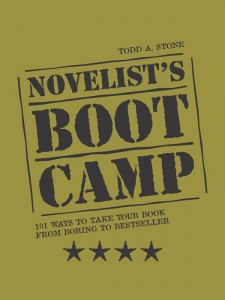 I didn’t think my goals were unreasonable when I initially set them, yet I feel like I worked the past three days on this revision, and I still didn’t quite get through as much as I wanted. I got through Chapters 15 and 16, and almost got Chapter 17 revised – then I found one more scene, one that had been moved from earlier in the chapter. I also ran into a plot point that won’t work the way I wrote it, so I need to come up with something else. And the type-in? Stop laughing.
I didn’t think my goals were unreasonable when I initially set them, yet I feel like I worked the past three days on this revision, and I still didn’t quite get through as much as I wanted. I got through Chapters 15 and 16, and almost got Chapter 17 revised – then I found one more scene, one that had been moved from earlier in the chapter. I also ran into a plot point that won’t work the way I wrote it, so I need to come up with something else. And the type-in? Stop laughing.
So this week, I want to set goals the Writers’ Boot Camp way. But the principle doesn’t just apply to writing, we can apply it to any big task. Writers’ Boot Camp is a workshop taught by author and former Army Ranger Todd Stone, and if you’re a writer and have the chance to take it, do it! He may even show up to teach the workshop in a camouflage kilt. 😀
Anyway, he started out the workshop talking about goals. Usually, we’re encouraged to set goals that are attainable, but not necessarily easily. Stone takes the opposite approach: he suggests setting a goal so low, you can’t help but make it! Here were the examples he gave:
Can you write a page a day? If you’re not sure, how about a paragraph? Or even a sentence???
Yes, that small. The thing is, we usually are able to go much further – so we get more done, AND we have that sense of accomplishment in saying Yes! I met my goal!
This could easily be applied to decluttering, getting your house in order, or working on a big project of another sort.
So I am going to set a small goal this week. I just can’t bring myself to say I’ll only revise one page, so I’ll go for that last remaining scene of Chapter 17, and the type-in of Chapter One.
How are you doing on your goals, whatever they may be? Have you ever tried this tactic? How did it work for you?



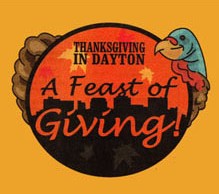
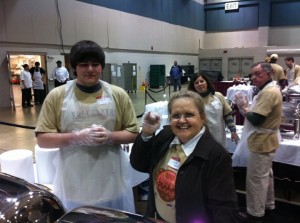
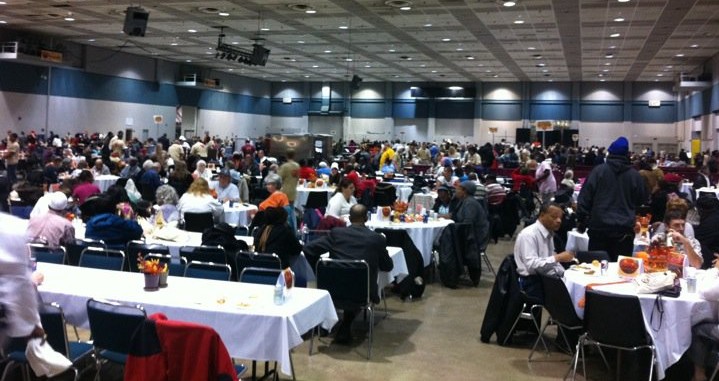






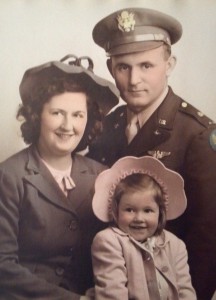
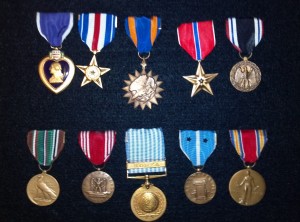 Colonel Wilcox’s accomplishments were many. The medals shown here recognize some of the missions and campaigns he served in during both wars. The
Colonel Wilcox’s accomplishments were many. The medals shown here recognize some of the missions and campaigns he served in during both wars. The